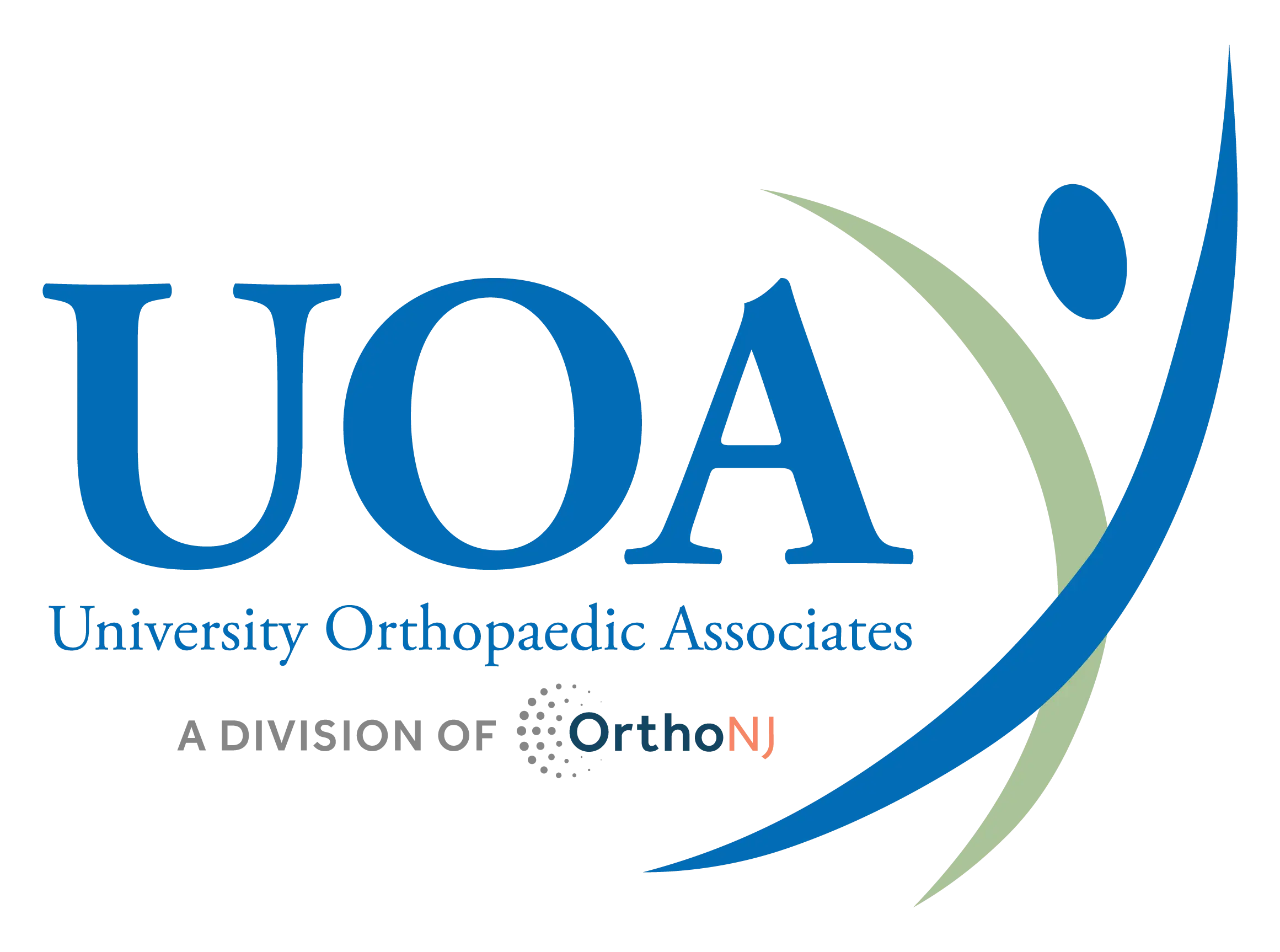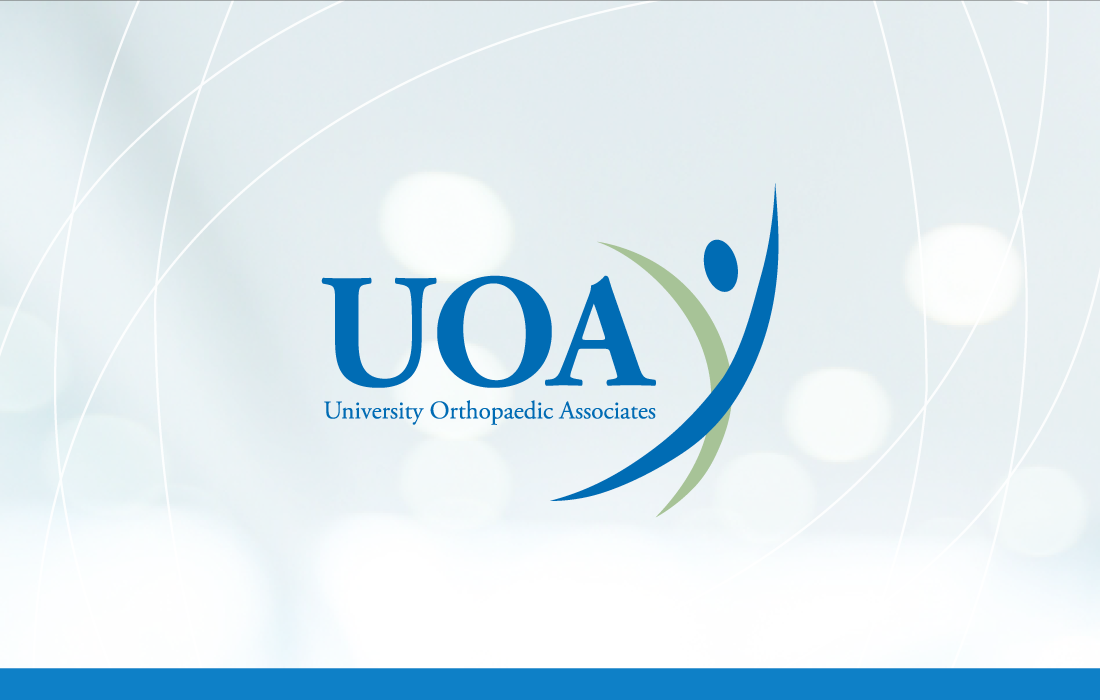What Is Hip Arthroscopy?
Hip arthroscopy is a minimally invasive surgical technique in which an orthopaedic or sports medicine surgeon can view, diagnose and treat hip problems without making a large incision across the hip.
It involves the use of a special tool called an arthroscope—a small, flexible tube with a light and video camera at the end. An arthroscope projects photos or video of the inside of your hip onto a screen to help your surgeon diagnose and treat your condition. Your provider may recommend hip arthroscopy when hip conditions do not respond to or improve with nonsurgical treatments such as rest, medications, physical therapy or corticosteroid injections.
How Is Hip Arthroscopy Performed?
A surgeon usually performs hip arthroscopy while you are under regional or general anesthesia to prevent you from feeling any pain during surgery. The entire procedure usually takes one to two hours, depending on the type and severity of your hip condition.
First, your orthopaedic surgeon will make a few small incisions on your hip near the treatment site. The surgeon will insert an arthroscope into one of the incisions and will pass small surgical instruments through the other incisions to repair various structures, including bones or tissues and/or to remove damaged structures.
When surgery is finished, your surgeon will close the incisions and cover them with bandages. The surgeon usually performs hip arthroscopy as an outpatient procedure, which means you can go home within a few hours after your surgery.
Which Conditions Can Hip Arthroscopy Treat?
Hip arthroscopy may be used to treat a wide variety of hip injuries and conditions that do not respond to nonsurgical interventions. Hip conditions that may be treated with arthroscopy include:
- Bone spurs. Bone spurs in the hip are small, bony projections that grow on the edges of bones near the hip joint and often develop as a result of osteoarthritis.
- CAM deformities. This is a type of FAI in which the ball part of the hip joint is not round and is unable to rotate smoothly—causing pain and stiffness in the hip.
- Femoroacetabular impingement (FAI). Also known as hip impingement, FAI occurs when two hip bones rub together to cause hip pain and limited range of motion.
- Hip labral tear. Labral tears in the hip are injuries to the soft tissues that are at the edge of the hip socket, which are often caused by trauma, structural problems or degeneration.
- Loose bodies. Loose bodies are errant fragments of bone or cartilage that may move around inside the hip joint to cause pain.
- Pincer deformities. This is another type of FAI in which extra bone extends over the rim of the large pelvic bone to crush the labrum and cause hip pain and instability.
- Synovitis. Synovitis is inflammation of the hip joint.
What Are the Benefits of Hip Arthroscopy?
One of the largest benefits of hip arthroscopy is that it is minimally invasive—meaning it produces less downtime and offers a reduced risk of complications than that associated with open hip surgery. Other benefits include:
- Faster healing and recovery
- Small incisions
- Minimal scarring
- Minimal blood loss
- Ability to be performed as an outpatient procedure
- Less trauma to the hip joint
- Delayed progression of hip arthritis
- Reduced need for hip replacement
What Is Recovery Like?
Recovery from hip arthroscopy lasts an average of 12-16 weeks, though you may be advised to refrain from strenuous activities for up to 16 weeks. Pain and discomfort are normal after hip arthroscopy, which may be managed using non-steroidal anti-inflammatory drugs (NSAIDs), local anesthetics and/or opioids.
You may need crutches for around three weeks, depending on your condition and healing progress. Your orthopaedic surgeon may also recommend physical therapy to help restore hip strength and stability following surgery. Your surgeon can provide you with a more specific recovery timeline based on your unique situation.
University Orthopaedic Associates offers hip arthroscopy and a wide range of other orthopaedic services for sports injuries. Contact the sports medicine surgeons at UOA at (732) 537-0909 to request an appointment if you need arthroscopic surgery or treatment for a sports injury.




